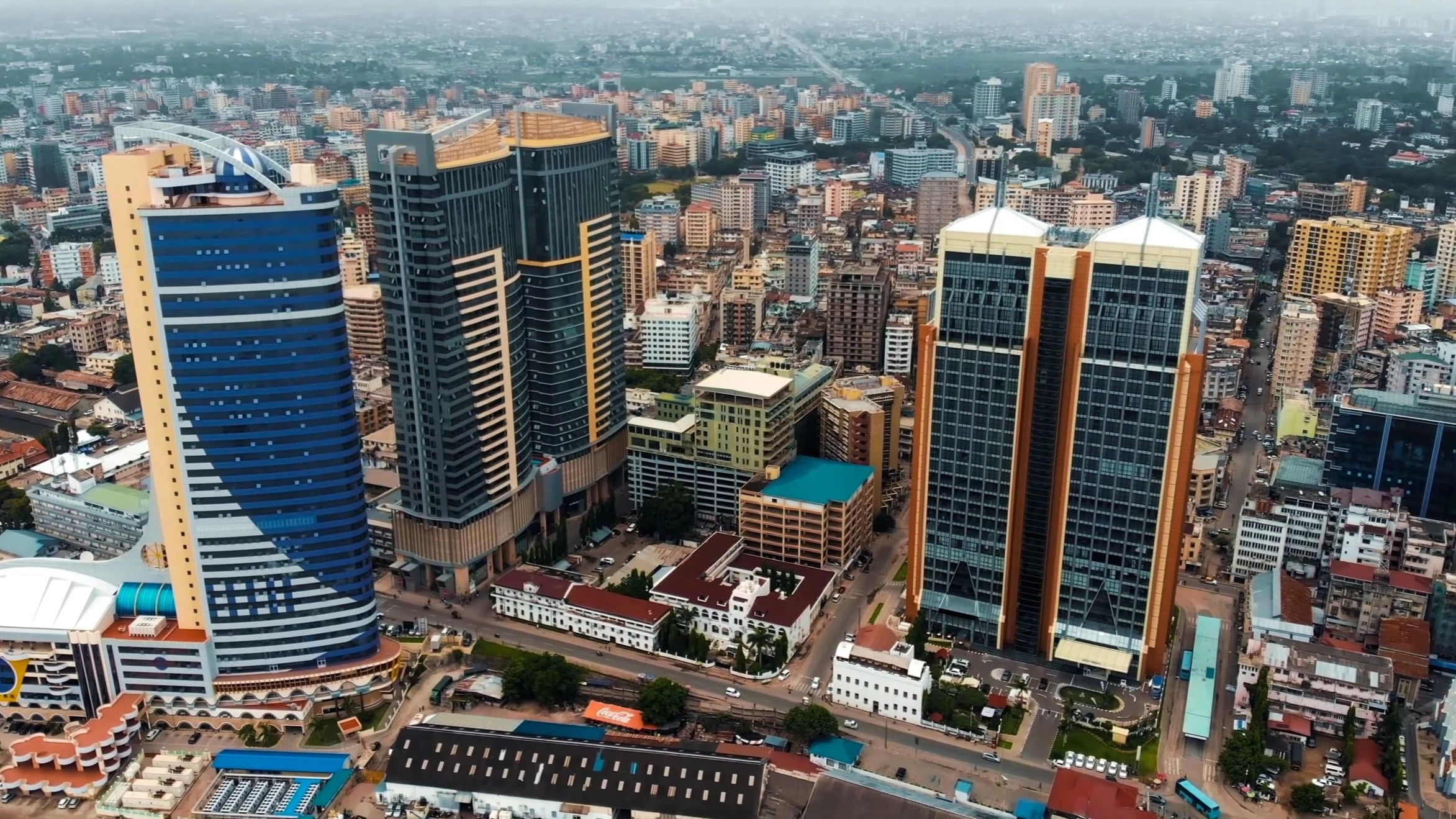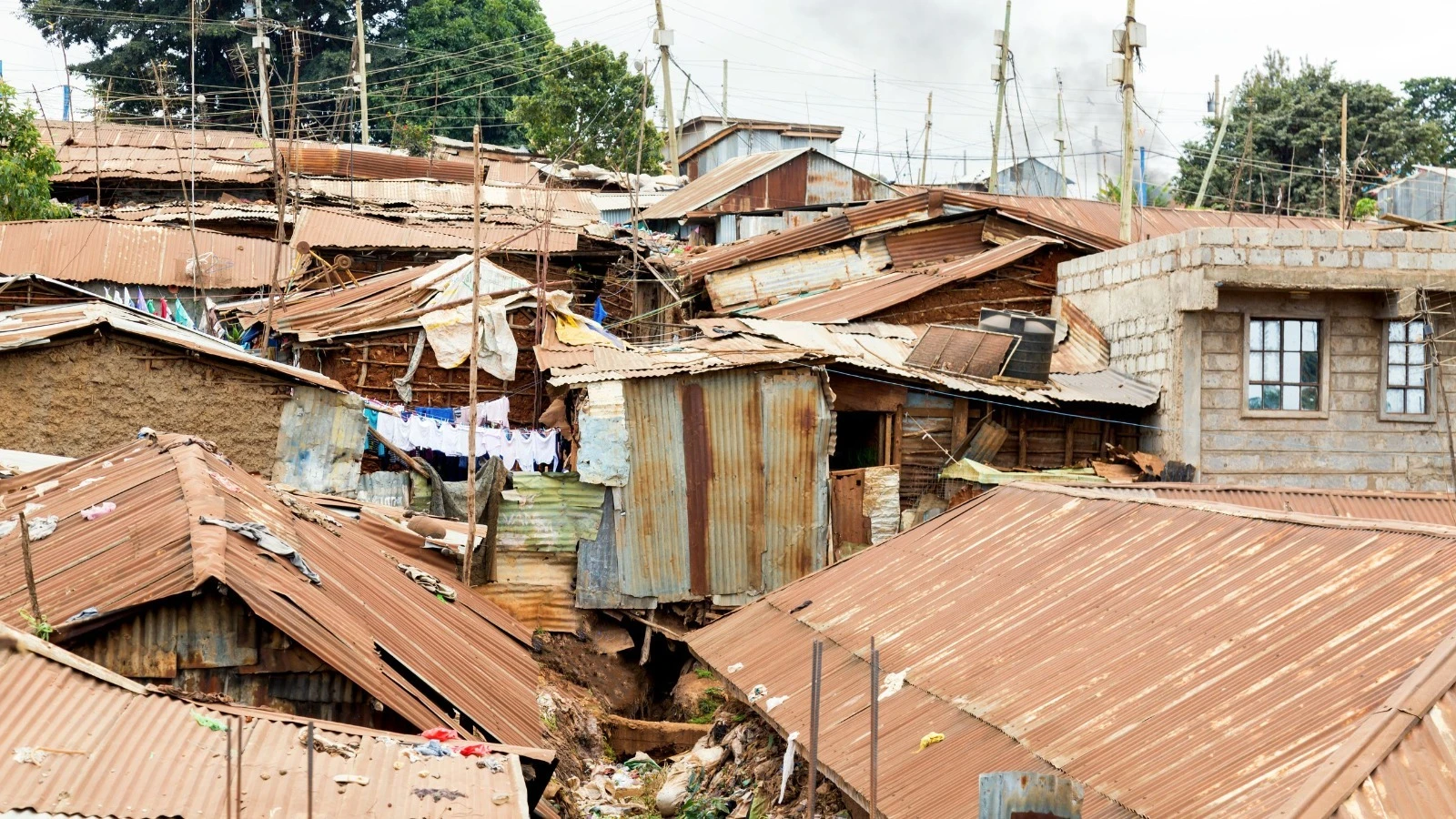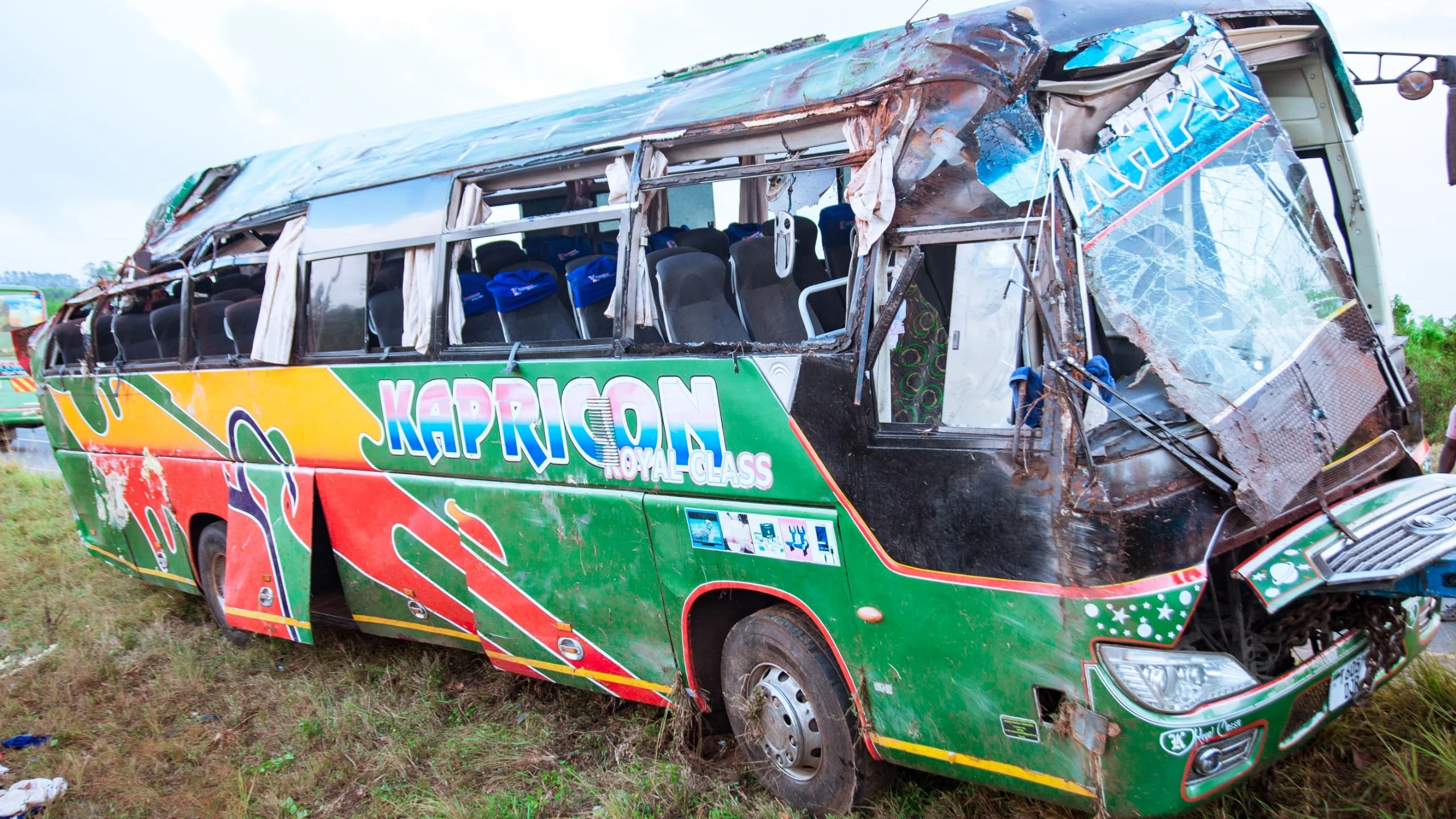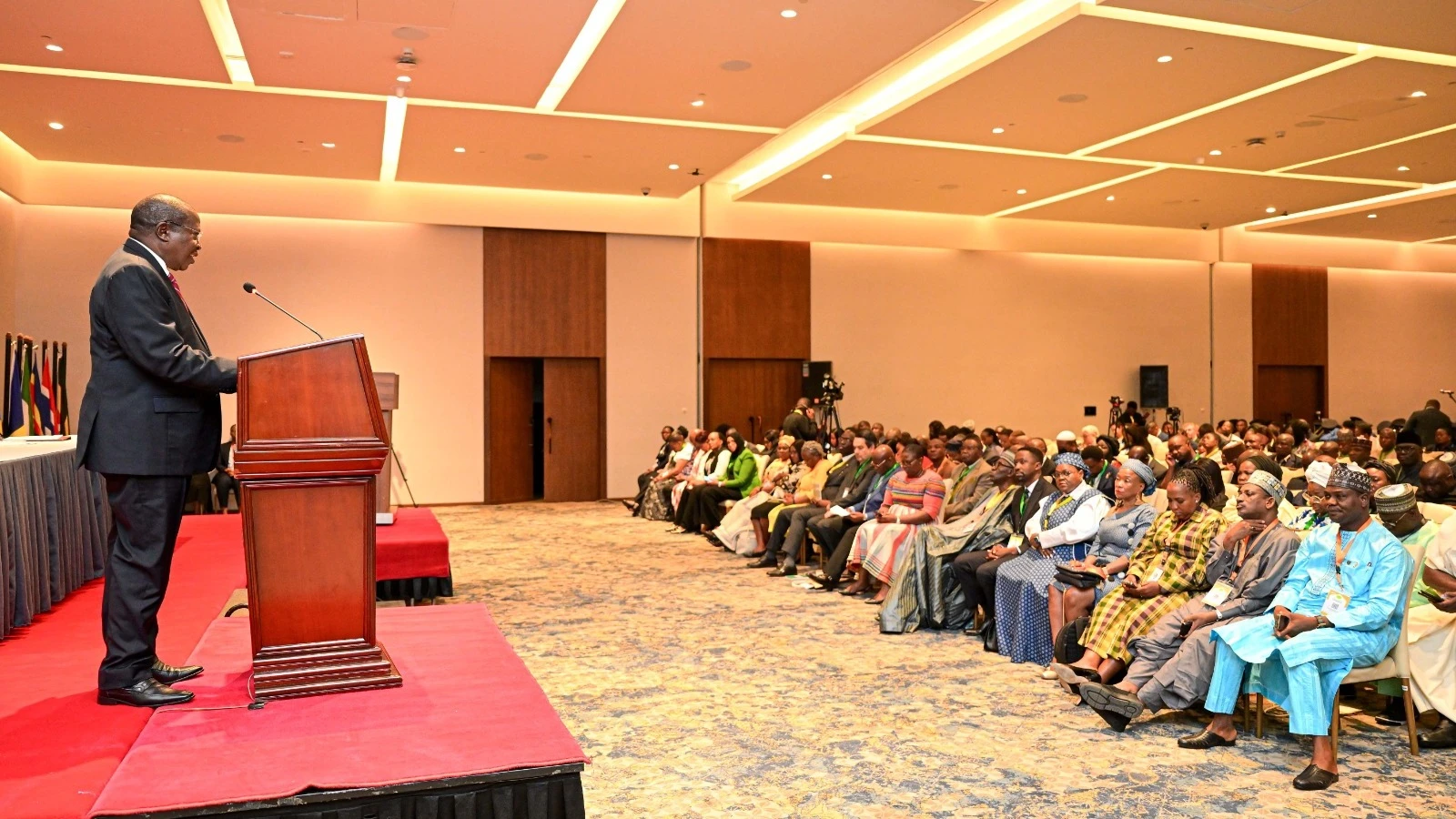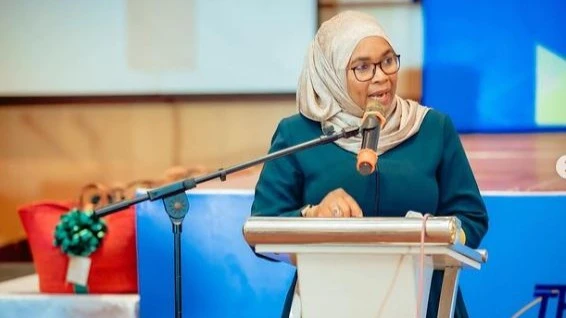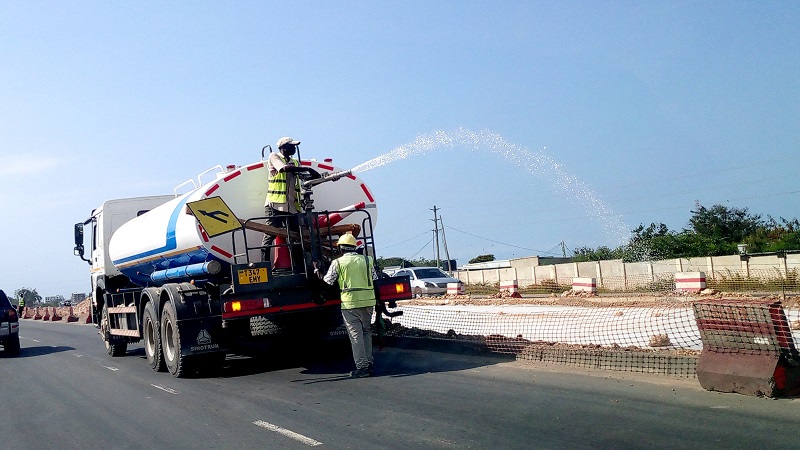Initiative to support access to decent, cheap housing for poor urban dwellers
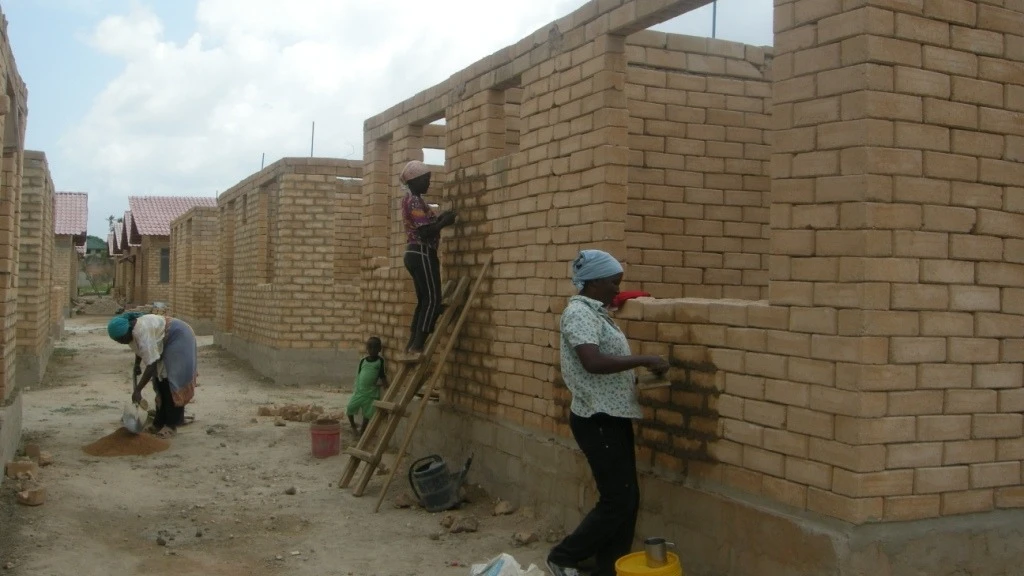
INADEQUACY of decent and affordable housing in the country has led to the proliferation of squatters and informal settlements in its cities.
Reports show that the national housing deficit currently stands at 3 million units, increasing by 200,000 annually, with approximately 40 percent of this deficit concentrated in urban areas.
The shortage of decent and affordable housing is particularly acute in the informal settlements due to various challenges, including policies, land acquisition difficulties, insecure tenure, complex building permit processes, and limited access to housing credit facilities.
To help address the challenge, the Centre for Community for Initiatives (CCI) embarked in a special project-Chamazi Community Based Affordable Housing Scheme (CCBHS) with the overall aim to support access to affordable housing for poor specifically those affected communities from Kurasini area of Dar es Salaam city whose settlements were demolished as part of Tanzania government port expansion project back in 2006.
In an interview, Dr Tim Ndezi, CCI executive director said inclusive, affordable and adequate housing is the key to sustainable transformation of cities and communities’, fighting poverty and other risks.
He said in 2006, the government demolished 7,351 houses in the Kurasini area to expand Dar es Salaam port, leaving about 36,000 people, especially tenants homeless.
This pushed the centre swung into action to support the poorer have somewhere to live. The initiative was developed with an aim of demonstrating a practical approach of engaging displaced communities in the resettlement and relocation.
He elaborated that in the period before their eviction, community members formed a community association called Tanzania Federation of the Urban Poor (TFUP) with over 300 members working to address challenges facing them.
This community association started a community savings and loans scheme and set in motion the search for a location to resettle their community.
With TFUP, CCI mobilised establishment of Chamazi Community Based Housing Scheme known as Muungano Housing Cooperative which was initiated with its members contributing funds that reached 24m/- facilitating purchase of a 30-acre land in Msufini Street of Chamazi Ward in Temeke District, Dar es Salaam.
He said the TFUP with support from CCI, also secured a loan from Slum Dwellers International (SDI) and UK-based organization Homeless International (Reall) to facilitate construction of some houses as well as for water and sanitation and the solar pump for the community borehole from Temeke Municipal Council.
To minimize costs, the two worked with the Ministry of Lands, Housing and Human Settlements Development, City Council and Temeke Municipal Council to help in surveying the land, acquisition, developing master plan of Chamazi, designing of housings and providing engineering support.
Most importantly, the Ministry granted special permission to reduce the plot sizes from the normal 400 square meters to 144 square meters which is the current plot sizes for Chamazi.
He said the centre trained the community in construction skills, enabling construction materials to be fabricated on-site by community members, who also helped build the houses. Other partners contributed expertise and professional advice on surveying and acquiring land, developing building plans and designing the houses. To date, 75 new homes have been provided.
“Considering the rapid urbanization in Africa and across the globe, plus the growth of urban informal settlements, this would be a highly relevant initiative to replicate for sustainable use of land and to fulfil the right to decent housing for all.”
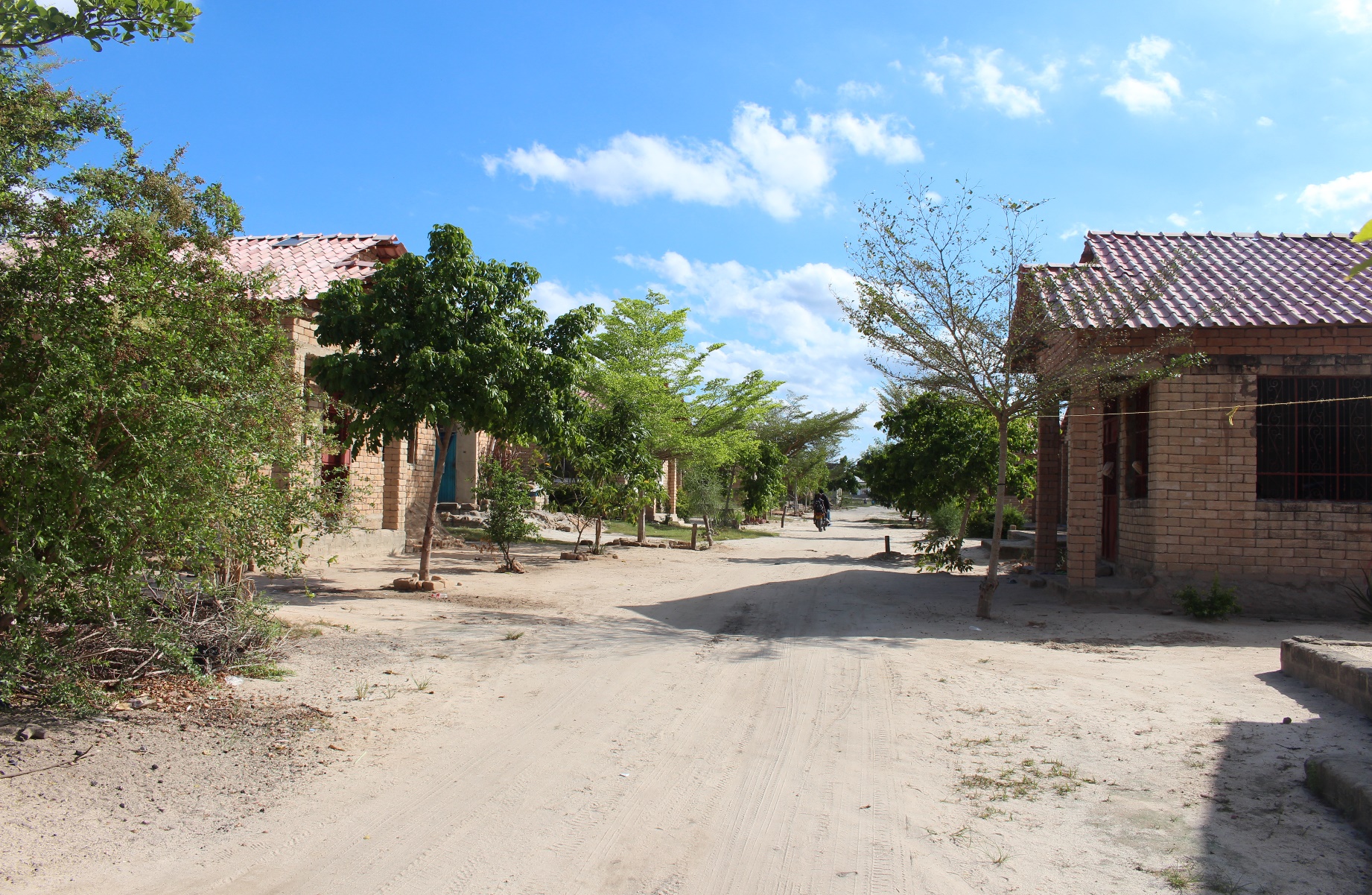
He urged the government to put people at the core of decision-making, work closely with local communities by engaging them in various projects that affect their daily lives.
“Tanzania urban poor struggle with issues of poor housing and threats of forced eviction. Government's efforts to address housing problems in urban areas are still insufficient. The urban population struggles very hard to access surveyed plots and when available they are sold at high prices, something which has led them to settle in unplanned and un-serviced settlements,” Dr Ndezi said.
He however said everyone should be aware that providing adequate housing is a shared responsibility, which depends on national and local governments, civil society, businesses, and local communities working together.
“In the project, we have seen over 90 affordable houses of two-bedrooms with modern toilets at a cost between 6m/- and 22m/-. Both housing projects have highly considered and demonstrated the role played by community organizations and participation by purchasing land, planning and participating in construction work with the aim of reducing the cost and creating ownership,” he said.
He said the cost is much low as they use materials available in the area such in making bricks but also were purchasing construction materials in bulk as well as engaging members in construction activities.
Saidi Seif, Chair of Muungano Housing Cooperative said: “The Chamazi housing scheme has given us a sense of stability and hope. For many of us who were displaced, this project has not only provided a roof over our heads but also restored our dignity.”
He said the Chamazi Community-Based Housing Scheme stands as a powerful example of how affordable housing solutions can be achieved for the urban poor.
By pooling and managing land and financial resources ourselves, we have created a sustainable and resilient model that can be implemented in other informal settlements. This intervention demonstrates the strength of community collaboration and innovation in addressing the housing needs of the most vulnerable, providing a blueprint for future projects aimed at uplifting the urban poor,” he said.
Initially, the community wanted the big houses but affordability became an issue of concern to many. Later on the current design of 2 bedrooms, a living room, kitchen and a toilet was agreed by the community with support of professionals.
“I was there when we mobilised resources and procured the 30-acre land back in 2008 here in Chamazi. The process went on for clearing the land, house dreaming where communities discussed together with professionals on what kind of housing they would want to construct including the costing of those houses,” he added.
Seif said with a big challenge of lack of sewerage system in many settlements, the Chamazi housing site developed a system of treating waste water from beneficiary’s houses. This is a Decentralized sewerage system (DEWATS) using constructed wetland which treats sewerage water through a natural mechanism and the water can be recycled back for other use in gardening. Each house is connected to the system.
He said community engagement was a very critical issue to ensure that community aspirations are included in the project design, they understand the realities such as the issue of affordability as a critical part of the project and ensure that there is ownership of the project.
He however said that the absence of low interest rates within the financial institution to accommodate the low income people in accessing decent houses has made this project to depend on revolving funds currently used where members take a long time to settle their loans.
This has affected the speed of the construction process. However CCI together with the Housing cooperative have started the discussion with different financial institutions to see the possibilities of supporting the project.”
Fatuma Ambade, one of the residents at the area said: “The collective effort and support we have received have shown us that together, we can overcome any challenge. Chamazi is not just a housing project, it's a community unity.”
She asked the government to also support the area by constructing a bus stand as well as a market to stimulate economic activities in the area.
Rachel Kaduma, Assistant Director of Urban and Rural Development Department in the President’s Office, Regional Administration, and Local Government commended stakeholder’s efforts to help improve access to decent housing in the country.
“We appreciate the good job of NGOs in this area of housing; previously, the government was carrying all responsibilities to support development initiatives and CCI is one of organisations which has been very committed in supporting social and economic initiatives for the poor,” she said.
According to Kaduma, Chamazi was an area which was even looked to be favourable for establishing settlements, but after mobilisation, planning and improvements coordinated by CCI and TFUP, decent houses have been constructed and now the area looks attractive.
She said the government will continue to work together with the organisations to heighten implementation of various development initiatives in the country.
Top Headlines
© 2024 IPPMEDIA.COM. ALL RIGHTS RESERVED










